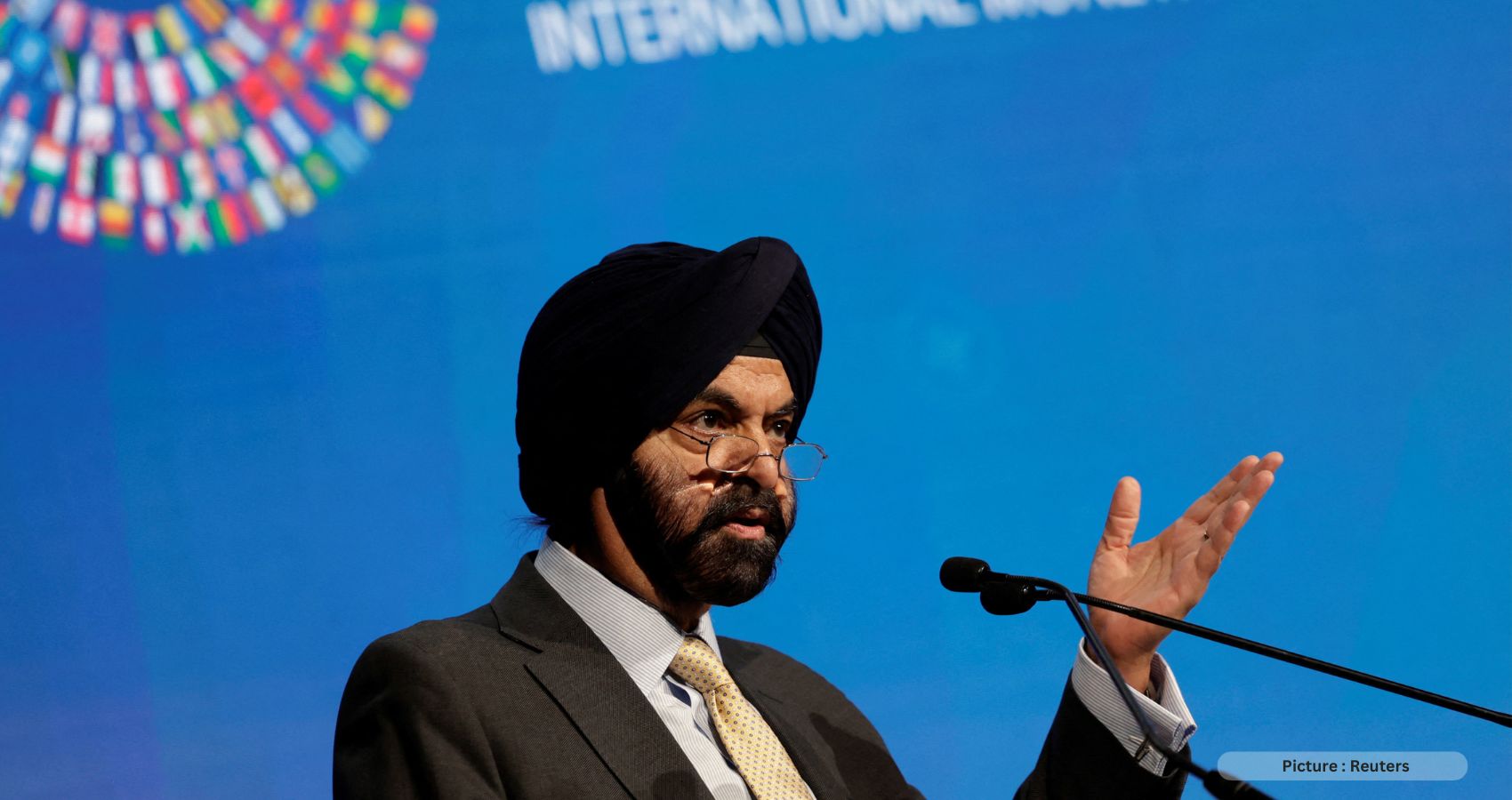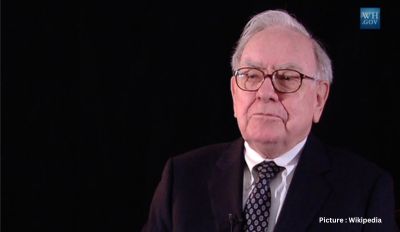The week-long annual meetings of the International Monetary Fund (IMF) and World Bank concluded in the Moroccan city of Marrakech. Despite being overshadowed by recent Middle East violence and held in a country still recovering from an earthquake, these meetings covered a range of critical topics affecting the global economy. Here are the main points from the meetings:
1.Global Economic Growth: The IMF outlook, approved before the escalation of the Israel-Hamas conflict, predicts a slowdown in global economic growth. It anticipates growth to decrease from 3.5% last year to 3% this year and 2.9% next year, marking a 0.1% downgrade from a previous 2024 estimate. Global inflation is also expected to decrease, from 6.9% this year to 5.8% next year. Central bankers indicated their readiness to halt interest rate hikes if circumstances permit, with the hope that inflation can be controlled without causing a severe economic downturn. The impact of the Middle East conflict on the global economy remains uncertain.
2. Debt Challenges: Discussions frequently revolved around the heavy debt burdens carried by advanced economies, including the United States, China, and Italy. Financial markets recently pushed U.S. bond yields higher, raising concerns. Italian central bank governor Ignazio Visco noted that markets appeared to be reassessing the risks associated with holding longer-term debt. JPMorgan’s Joyce Chang emphasized the return of the “bond vigilantes,” marking the end of the Great Moderation, a period of relative economic stability prior to the 2008/09 financial crisis. This shift could affect policies related to climate change, as escalating subsidies may lead to increased public debt. The IMF suggests that a new approach, with carbon pricing at its core, is needed.
3.Debt Deals and Reforms: Beyond advanced economies, several challenges exist, including higher policy rates, a strong U.S. dollar, and geopolitical uncertainties. Turkey is working on a reform plan, focusing on lowering inflation. Kenya aims to prevent debt distress by planning a buyback of a quarter of its $2 billion international bond maturing in June. Zambia reached a debt rework memorandum of understanding with creditors, including China and France. The situation with Sri Lanka’s debt remains less clear, with an agreement reached with the Export-Import Bank of China but talks with other official creditors stalling.
4.Risks to the Global Economy: The IMF’s Global Financial Stability Report highlights the risks posed by high interest rates. It estimates that approximately 5% of banks worldwide are vulnerable to stress if interest rates remain high for an extended period. Moreover, an additional 30% of banks, including some of the world’s largest, would be at risk if the global economy experiences prolonged low growth and high inflation.

5.Challenges to Consensus-Building: Several factors, including the Ukraine war, growing trade protectionism, and tensions between the United States and China, have made consensus-building more challenging. Notably, no final communique was issued at the end of the meetings. Discussions about restructuring the IMF and World Bank to better represent emerging economies like China and Brazil were held. A U.S. proposal to increase IMF lending power while deferring a review of fund shareholdings gained broad support. However, anti-poverty groups remained skeptical about the outcomes, emphasizing the need for new financial commitments to address poverty and climate change.
The annual meetings of the IMF and World Bank in Marrakech addressed critical global economic issues, including slowing growth, debt challenges, the impact of geopolitical factors, and the need for reforms to address climate change. While these meetings provided insights into these pressing matters, there were concerns about the adequacy of the solutions proposed, particularly in the face of persistent global challenges.











